Menu
Menu

Marking the first anniversary of the Russian invasion of Ukraine, Tibor Benkő, the Hungarian minister of defence at the start of the war, and György Nógrádi, acclaimed security policy expert discussed the war at an event organised by the Batthyány Lajos Foundation.
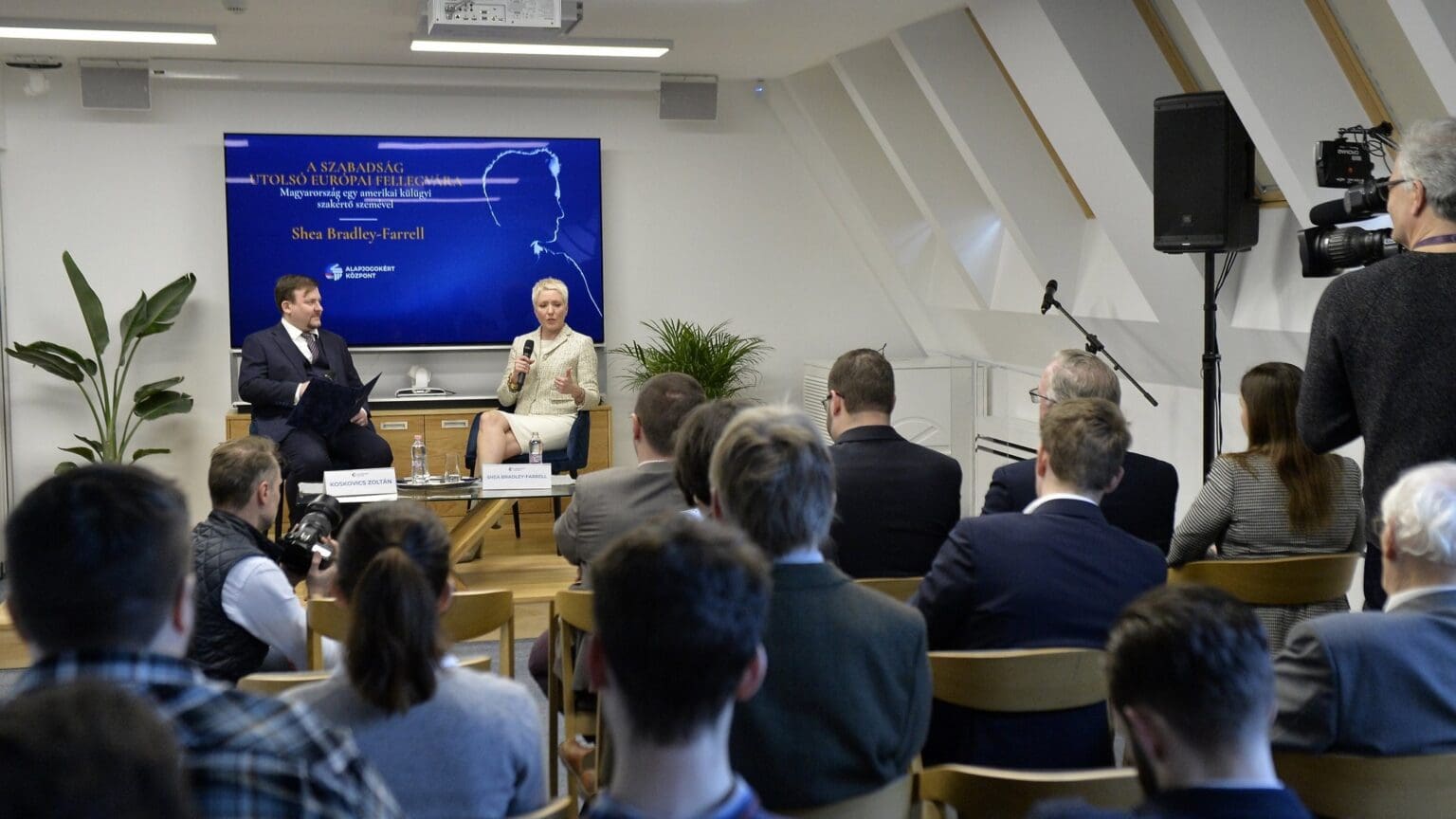
‘I have a very unpopular view of the war in Ukraine, in the United States. I am more welcome here in my view than anywhere in the United States. I will start by saying that I believe in Ukrainian sovereignty. However, I do not believe that it is in US interest to do what we’re doing,’ Dr Bradley-Farrell told the audience.

The offshore scandal in which Judit Rácz Földi of DK has been implicated serves as an excellent opportunity for Momentum to take on DK in the struggle for dominance on the left.

As these trends reach more and more countries, it is quite naïve to think that there won’t be more and more people trying to normalise and eventually legalise paedophilia as a sexual identity.

The King’s openly political engagement in Wiltshire confirms the prediction that Charles III may very well become a ‘meddling’ ruler, unlike his predecessor, Queen Elizabeth II.
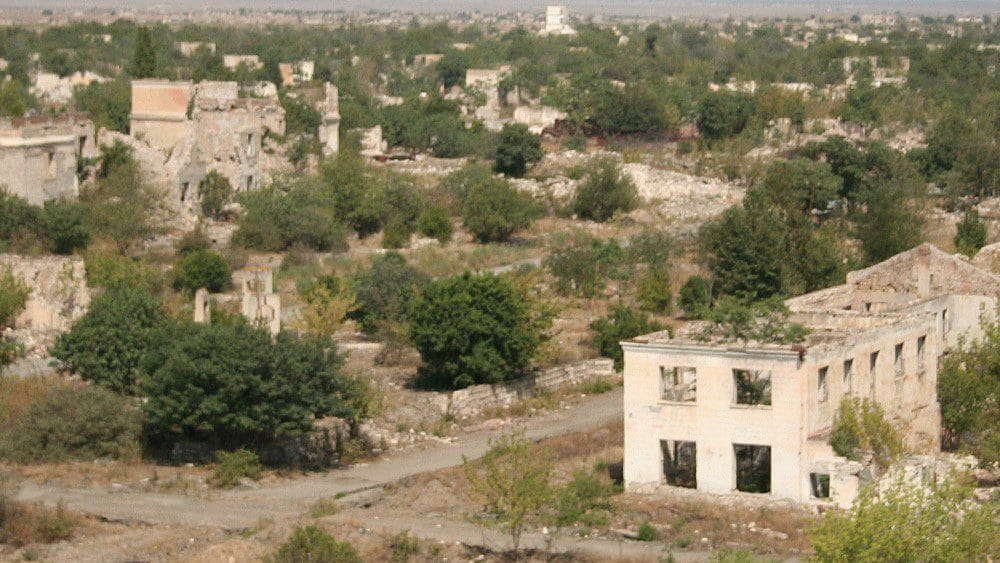
The Hungarian government has offered a €25,000 grant for demining the war-torn Nagorno-Karabakh region only weeks after the two countries struck an agreement about importing green energy from Azerbaijan to Hungary.
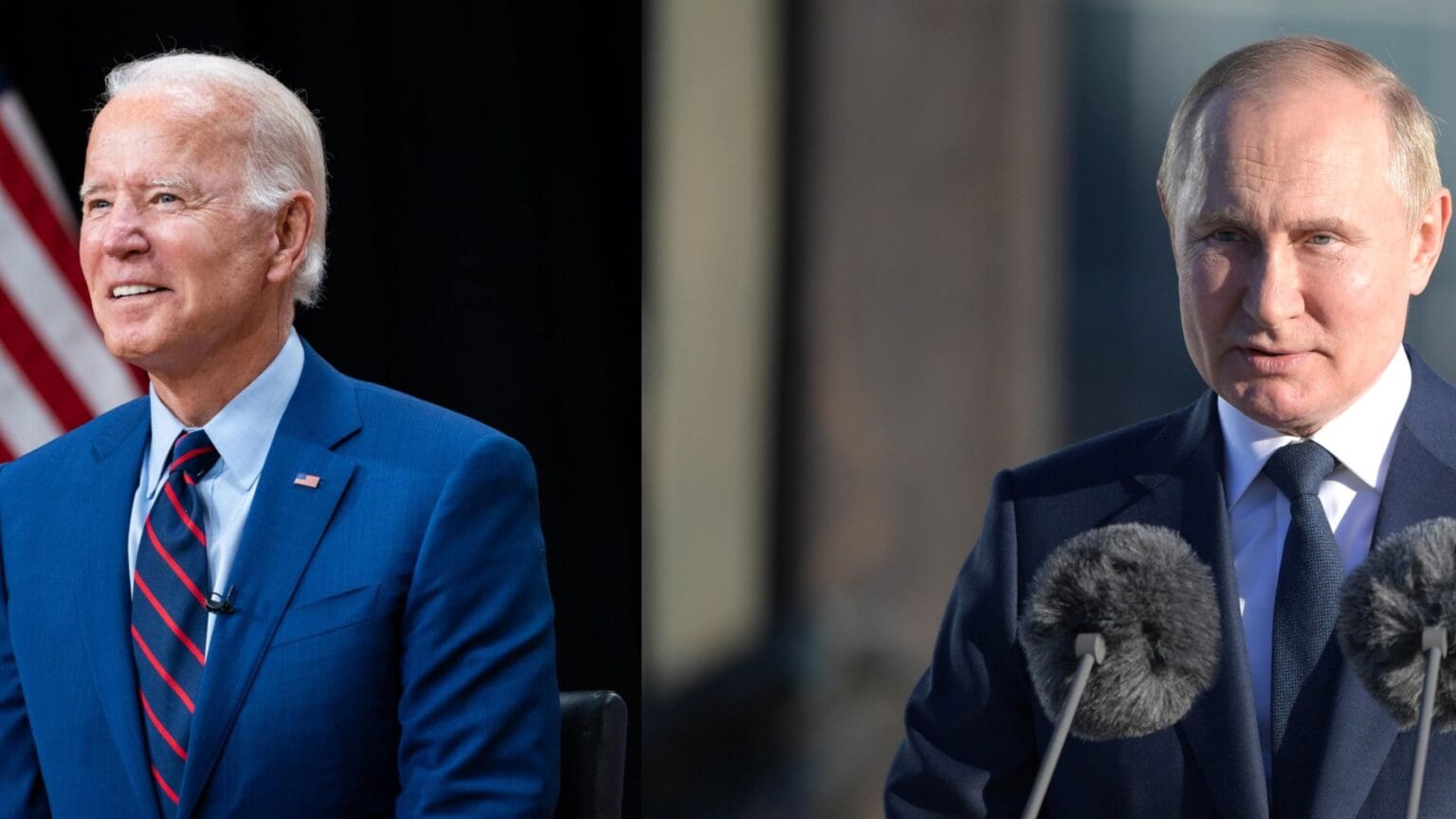
‘We did not set the speech up some kind of head-to-head. This is not a rhetorical contest with anyone else,’ underlined US national security adviser Jake Sullivan, stating that Biden’s speech was not planned as a direct rebuttal to Putin.
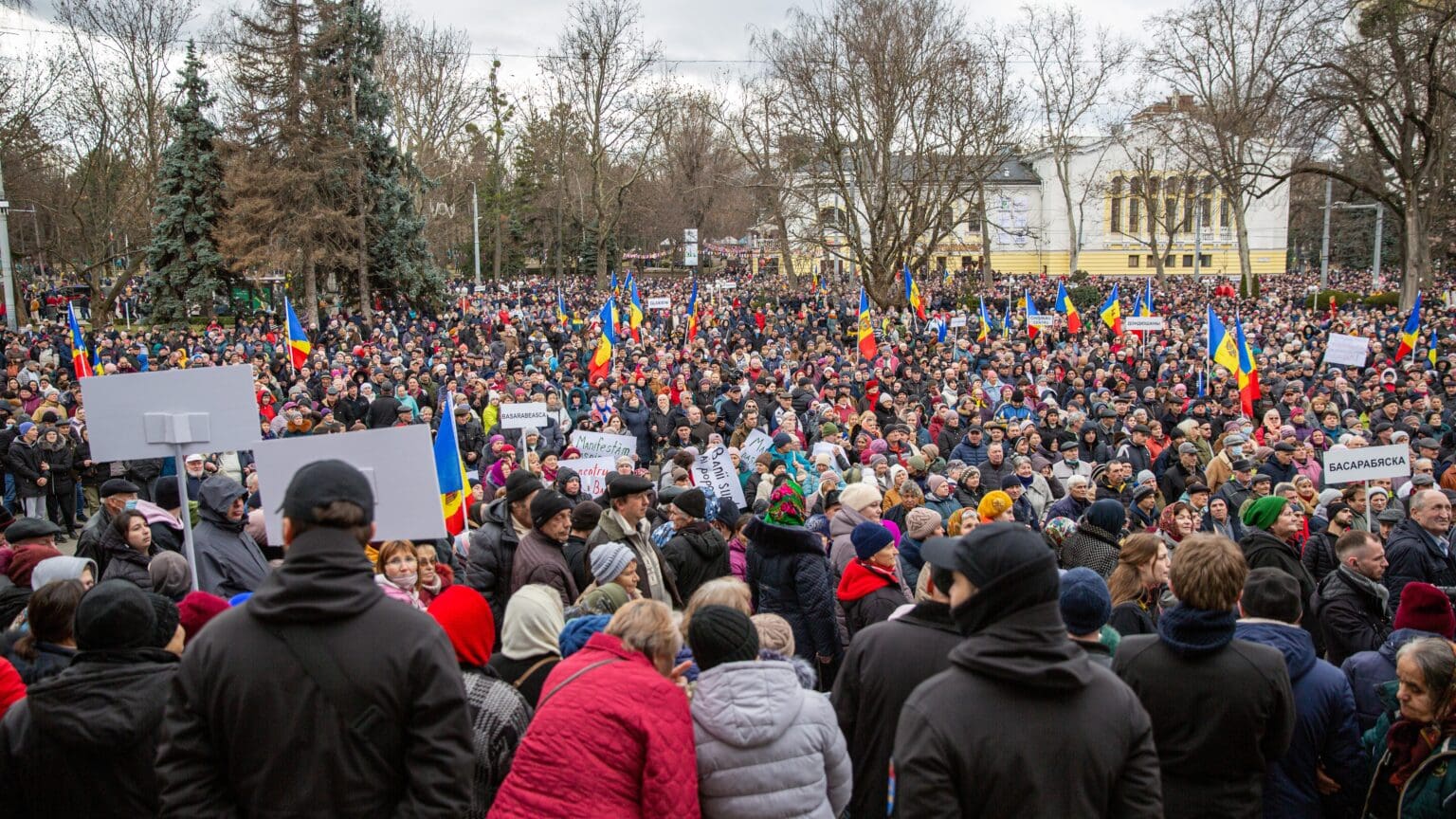
Anti-government protests, prompted by the soaring energy prices in Moldova, ended in chants of ´we want to be part of Russia!´.

Many politicians from smaller and less successful opposition parties have transferred to DK since the last election in April 2022. The reshuffling of old faces, however, is unlikely to bring more electoral support for DK.
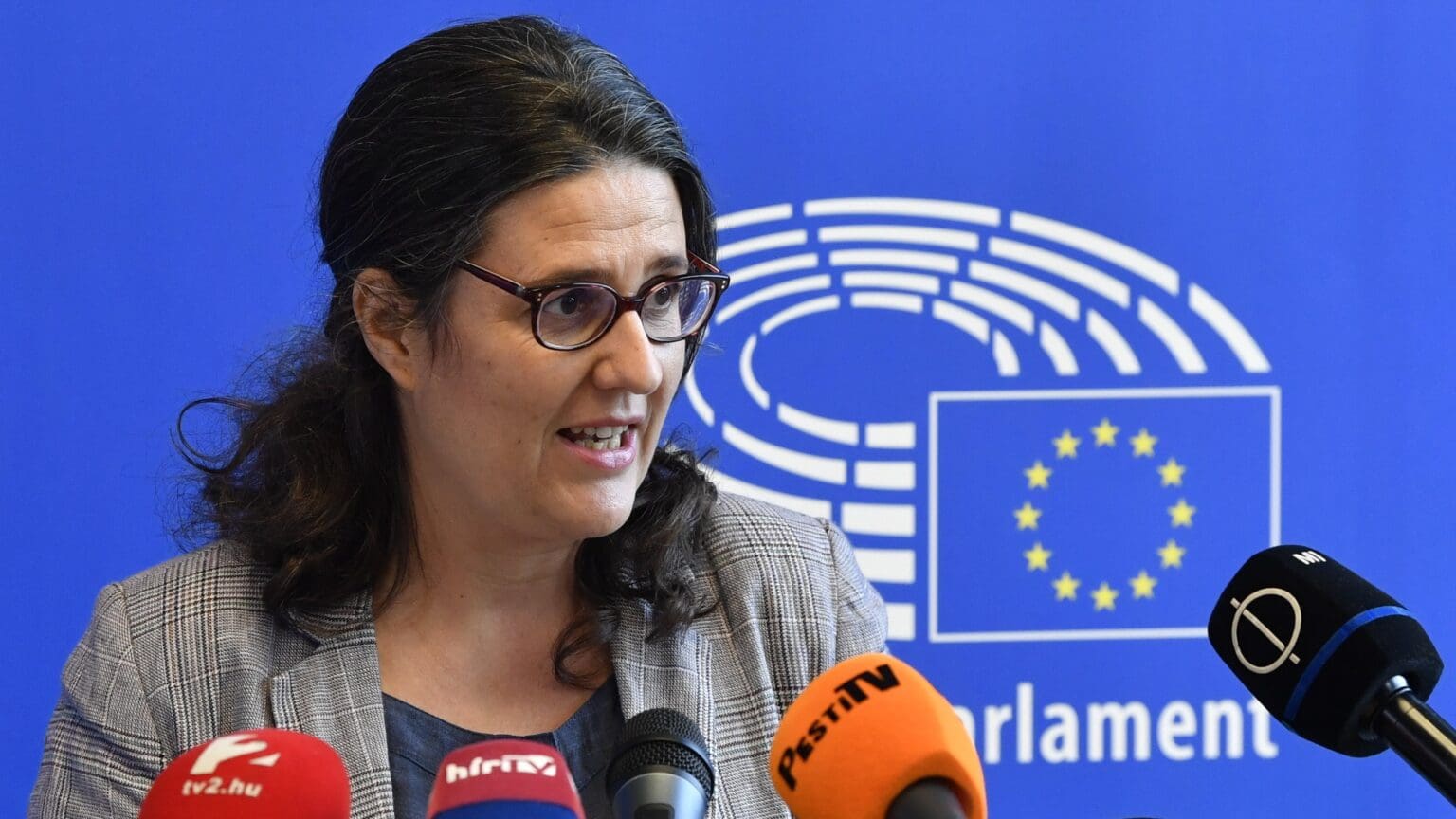
Last April, the overwhelming majority of Hungarian people voted against the left-wing opposition in favour of the current government party, conscious that it promised to protect Hungary’s peace and security above all—even if the excisemen of the war would have it otherwise.

In a recent paper, the maritime strategy of the European Union and the potential for the EU to become a sea power are analysed. This article discusses the main points of the paper.
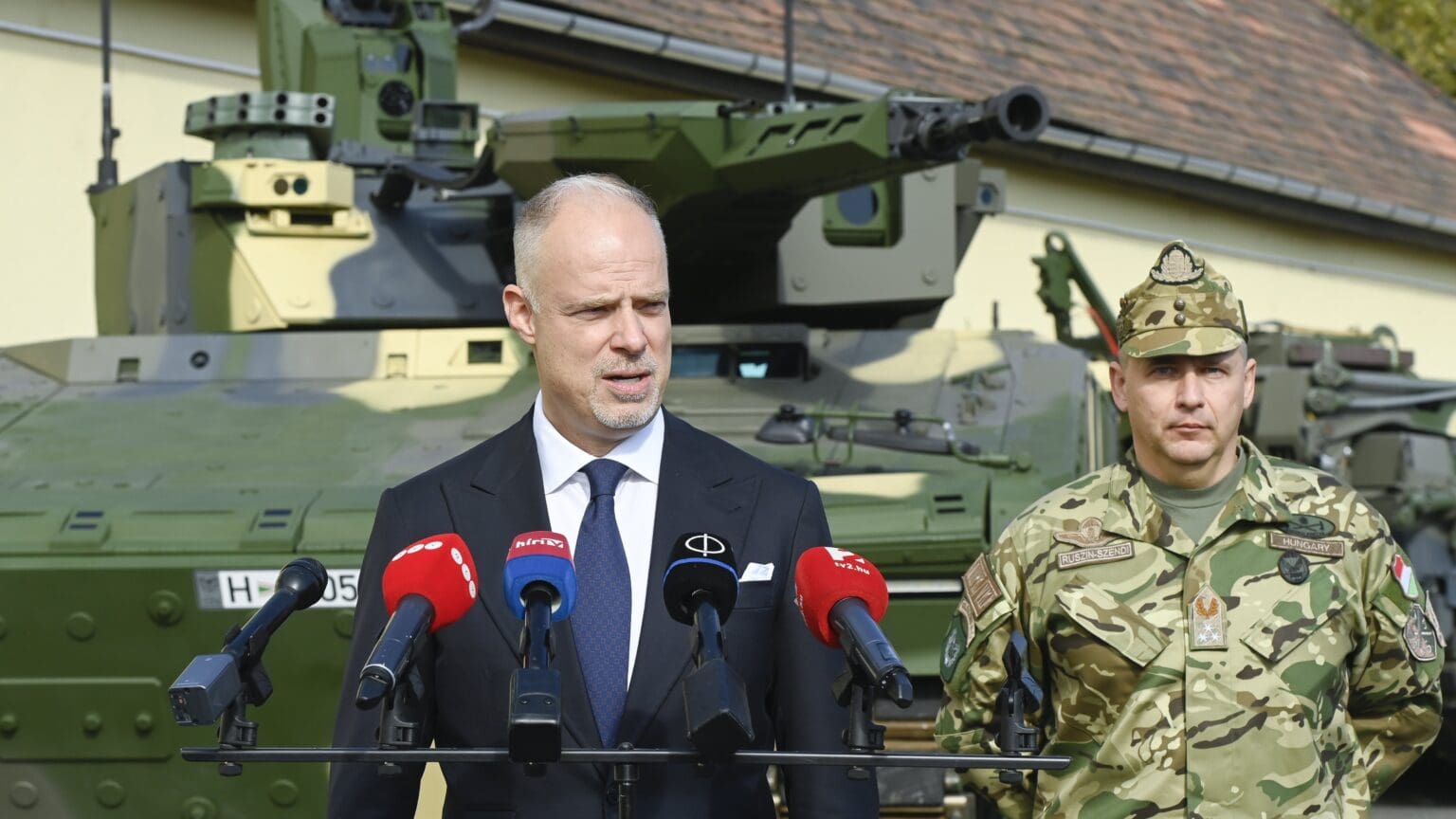
‘Force transformation is a never-ending task, we have to continuously adapt to the changing environment and be at the forefront of preparing for the future,’ the Hungarian Ministry of Defence highlighted.
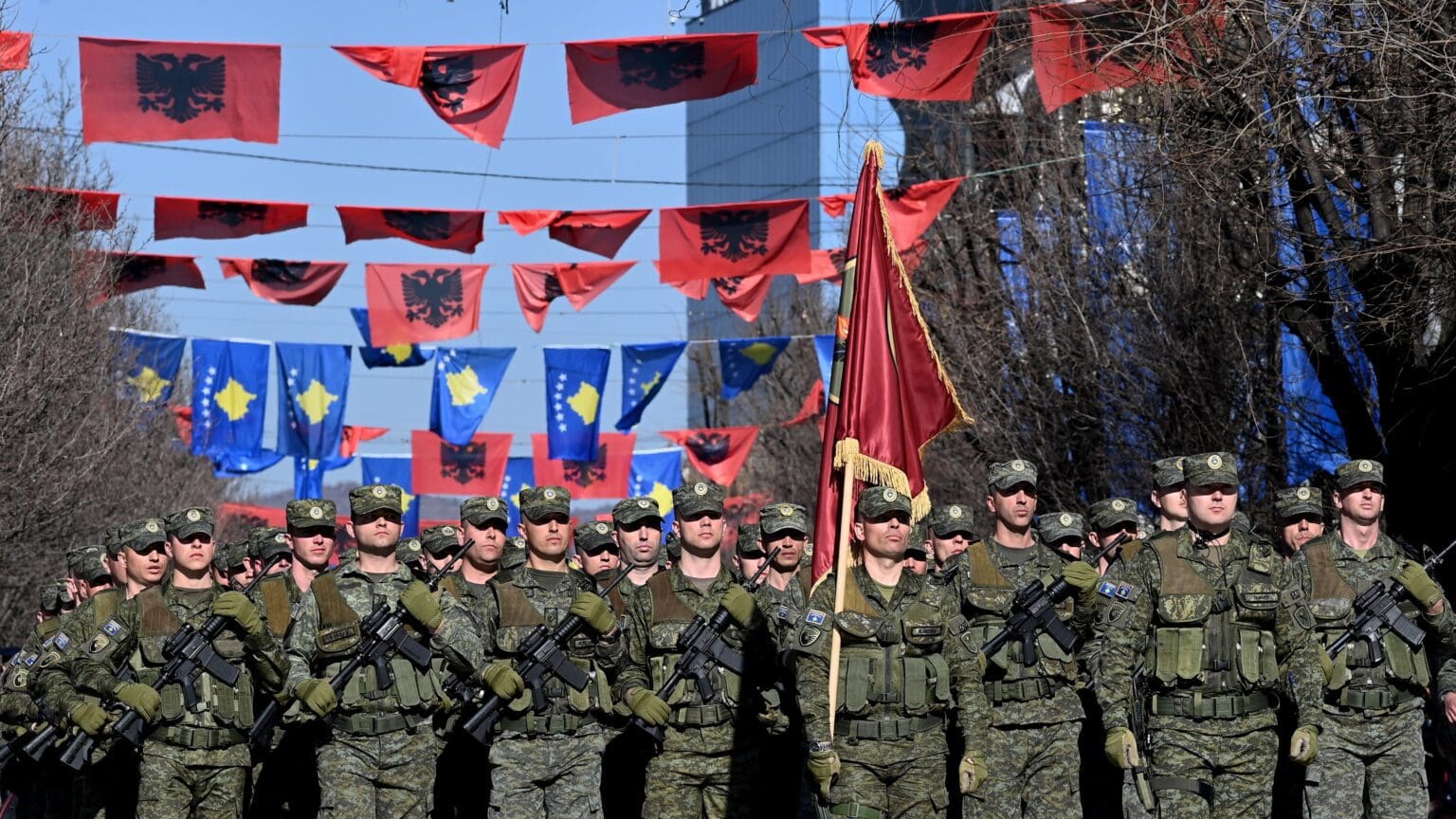
The establishment of the Union of Serbian Municipalities is still a major contention for Kosovo. Should Belgrade and Pristina still be willing to accept a West-backed agreement, the two countries would have official representatives in each other’s capitals.
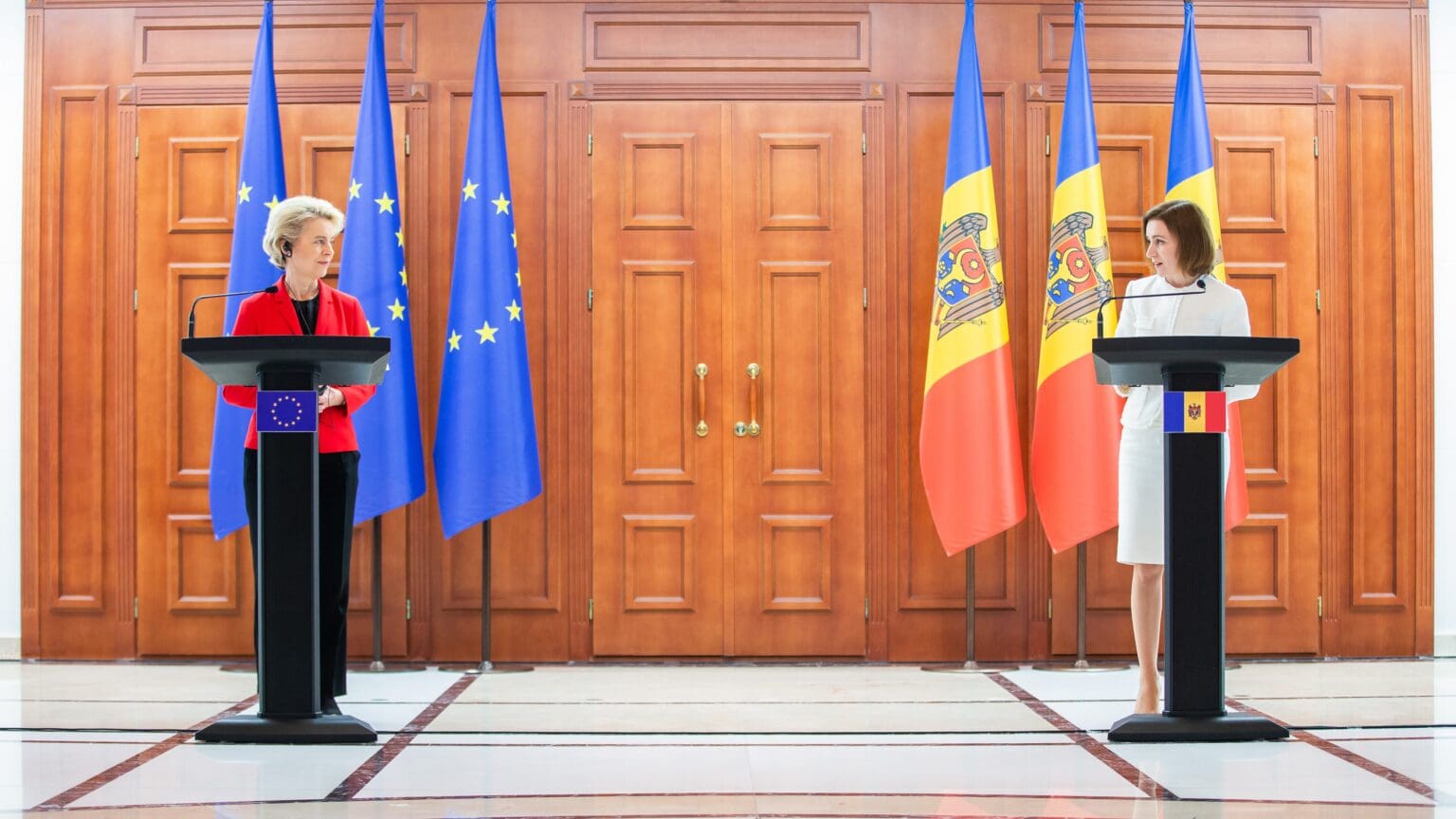
Shortly after the uncovered plot to destabilise Moldova, Russian missiles violated the country’s airspace.
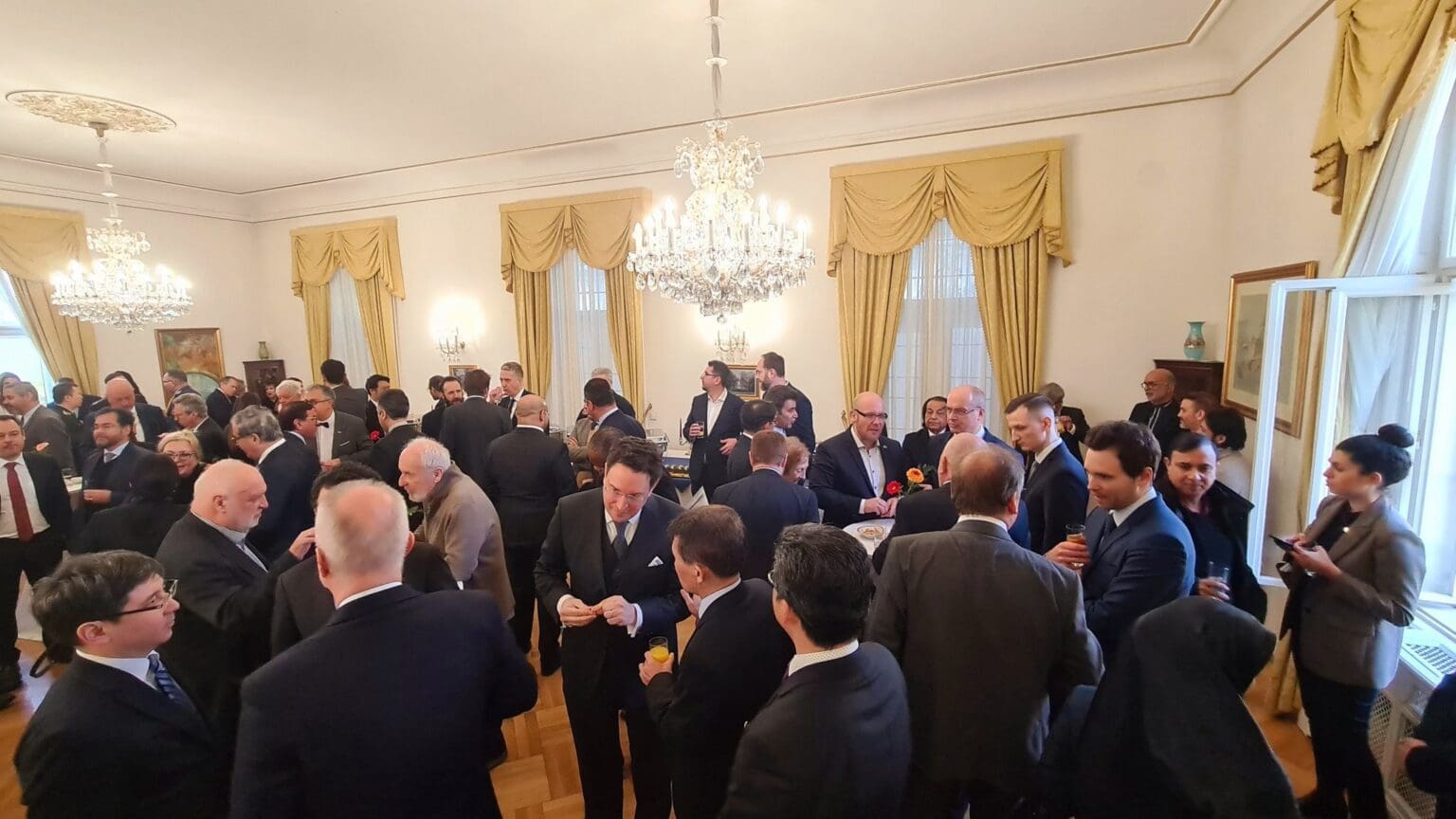
Ambassadors Varga-Haszonits and Fałkowski were the only diplomats to be present at the Tehran event with President Raisi. Despite that, other European nations also refrain from fully committing to cutting ties with the Middle Eastern nation.
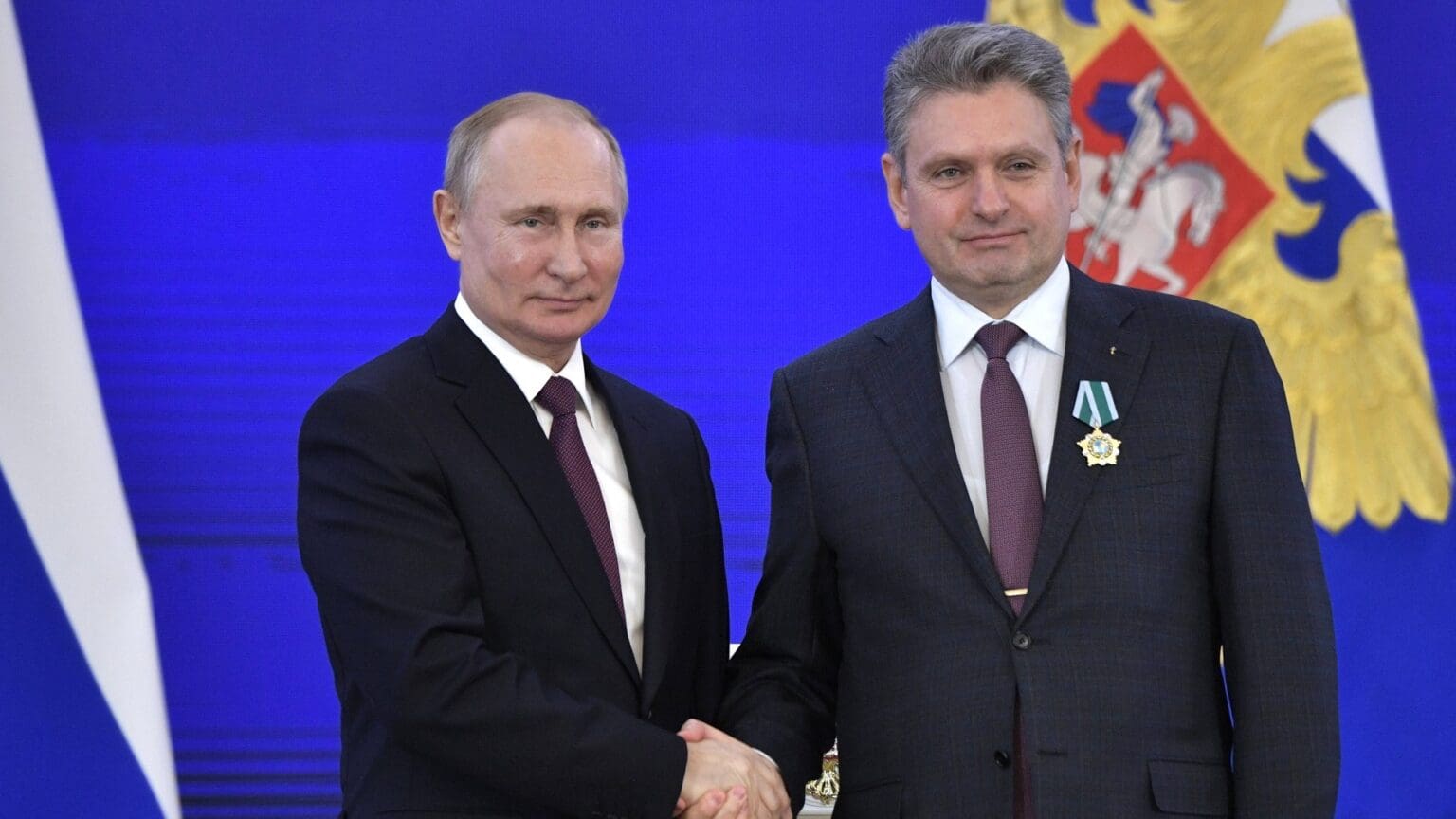
The United States and the United Kingdom recently sanctioned Bulgarian citizens for their alleged abuse of public funds under the Global Magnitsky Act.
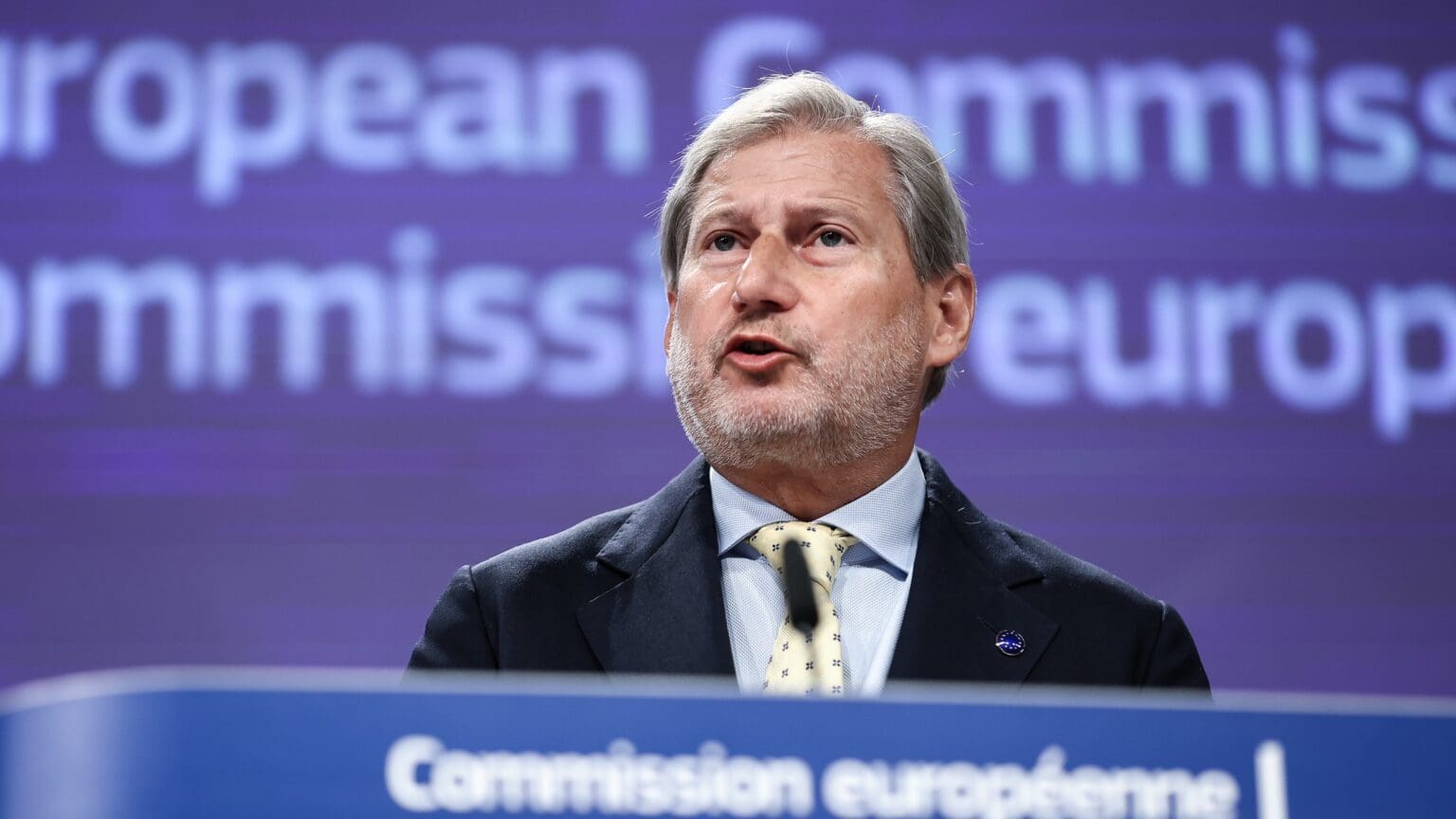
According to a recent report prepared by Hungarian think tank Nézőpont Institute, the practices of EU institutions undermine the rule of law in the Union.

The fact that it is government funding that keeps an opposition paper afloat flies in the face of the typical Western narrative that in Hungary, press freedom is suppressed through authoritarian methods.

On 9 February, Mathias Corvinus Collegium organised a discussion with Henri Vanhanen, a research fellow at the Finnish Institute of International Affairs. The Finnish expert offered some valuable insights into why Finland wants to join NATO now, and how the thought process in that direction evolved over the years.

Since the beginning of the war, the Israeli government has consistently resisted pressure both the United States and Ukraine to supply arms to the beleaguered country, facing criticism as a consequence at home and abroad.

The only potential uncertainty factor in the automatism of the waiver of immunity is the case of politically motivated procedures, the so-called fumus persecutionis, which, however, may easily arise in the future in the immunity procedures related to the Qatargate scandal as the case becomes more complicated.
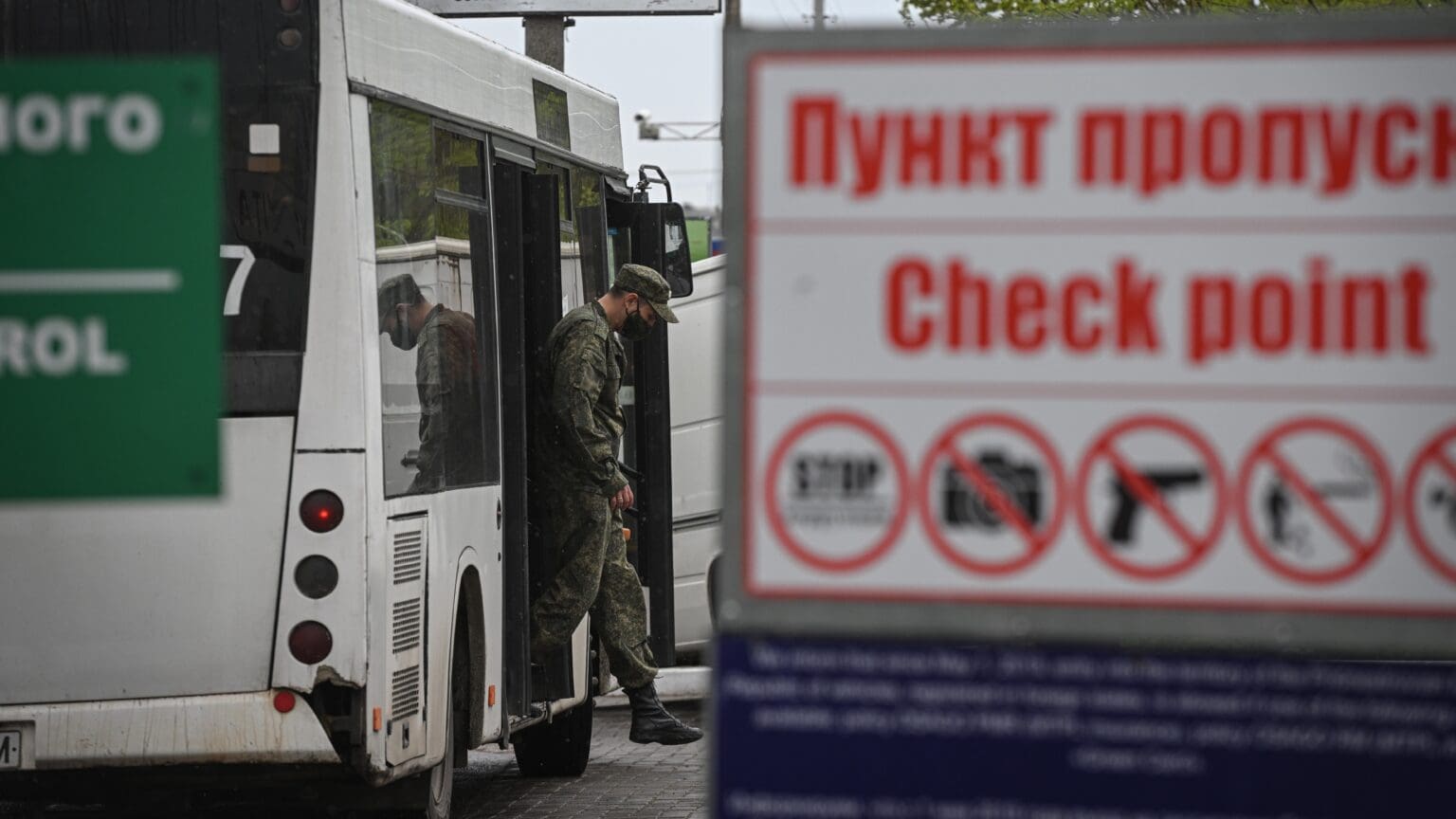
Moldova, the small Eastern European country that has been divided ever since it declared its independence from the USSR in 1991, has now criminalised separatism.
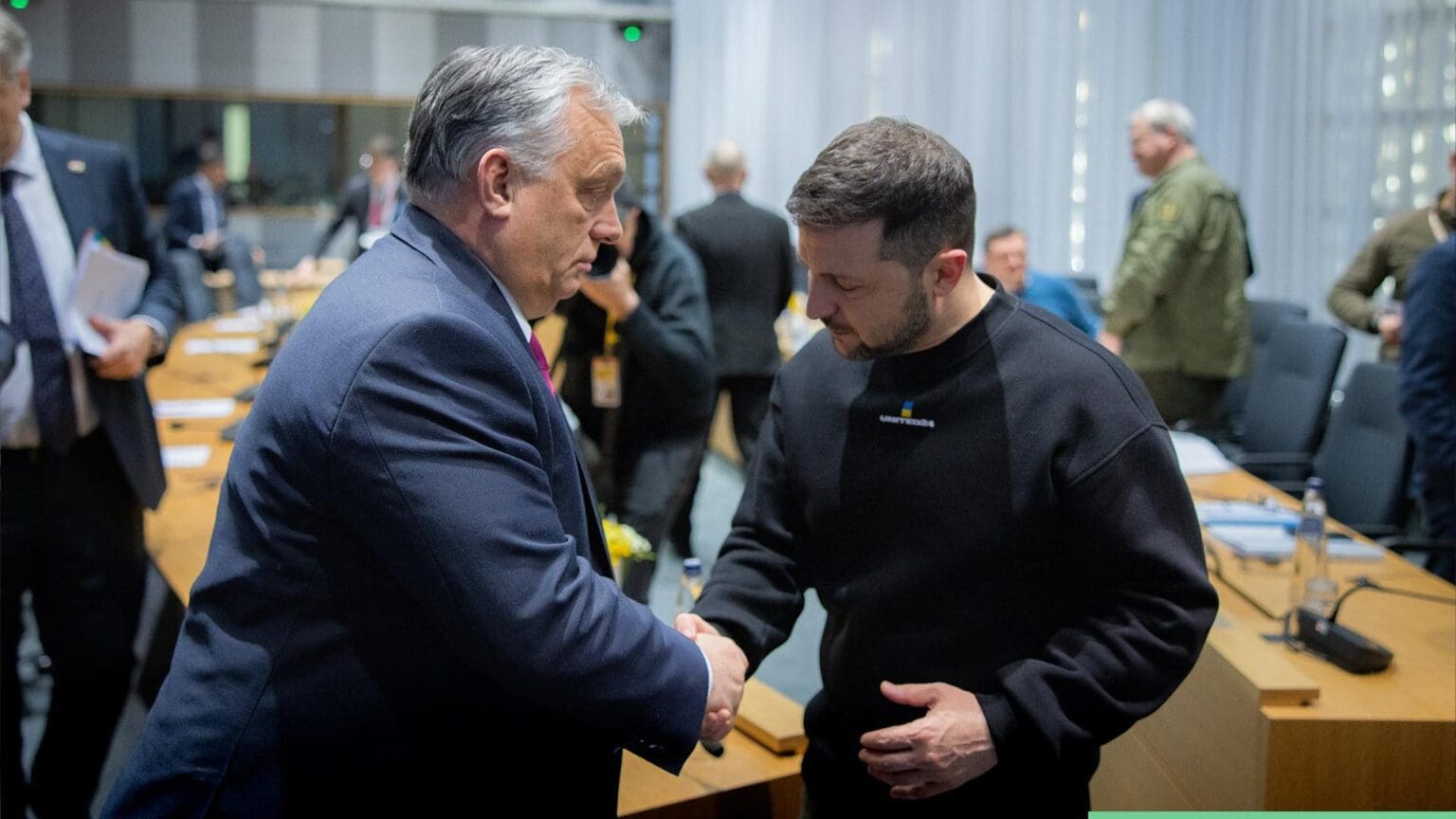
The Hungarian Prime Minister was put under scrutiny for not applauding the Ukrainian President—however, he was not the only one, as some Western journalists and politicians have claimed.

Austria’s Chancellor was the first Western leader to meet with Putin after the invasion. Now, despite strong criticism, Russian representatives were granted visas to Austria to attend the OSCE summit in Vienna in February.
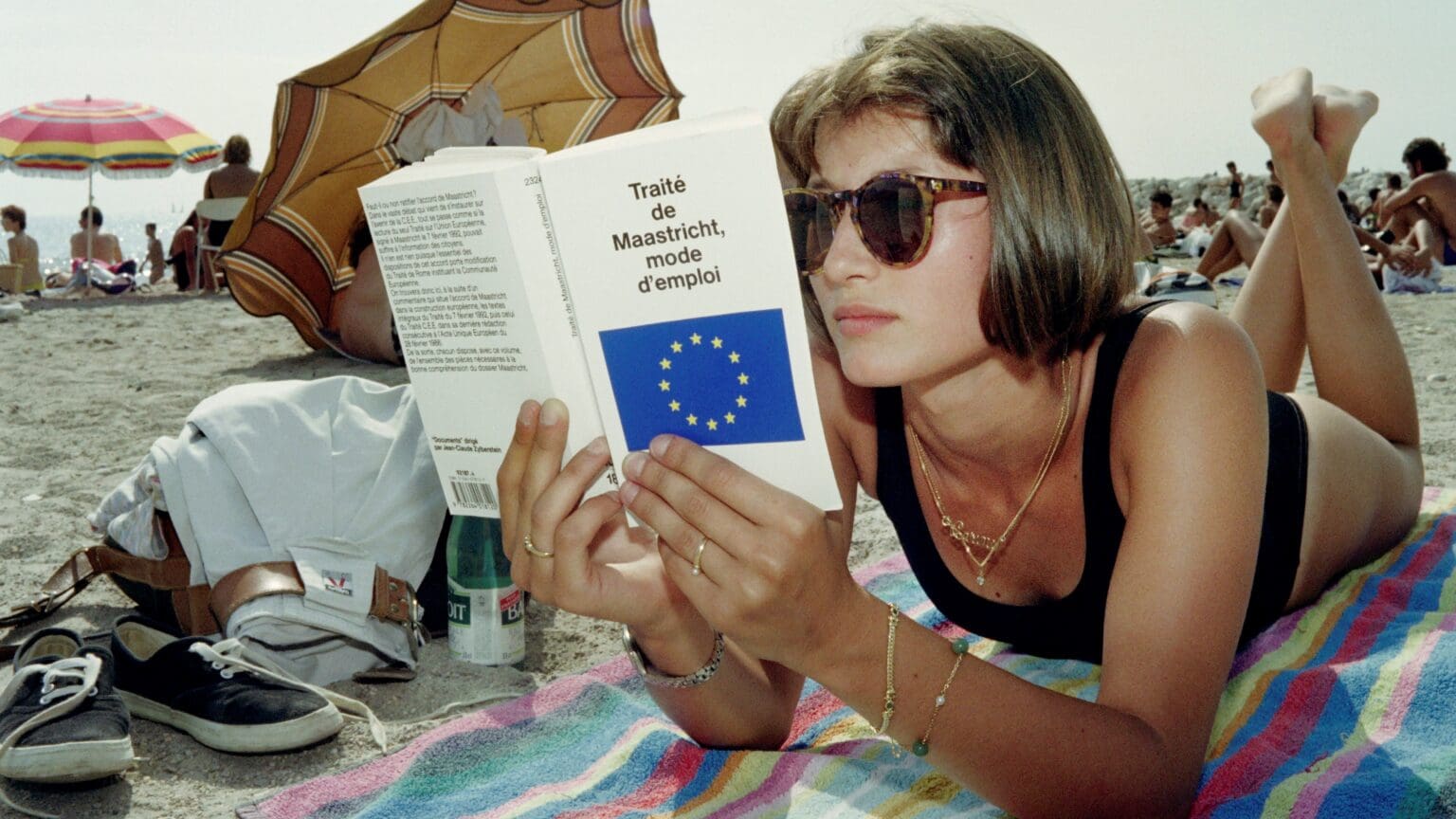
The Maastricht Treaty is undoubtedly one of the most important achievements of European integration. Precisely for this reason it is painful that the principle of subsidiarity, as one of the most important aspects of the instrument, is one of the least respected of all EU values.
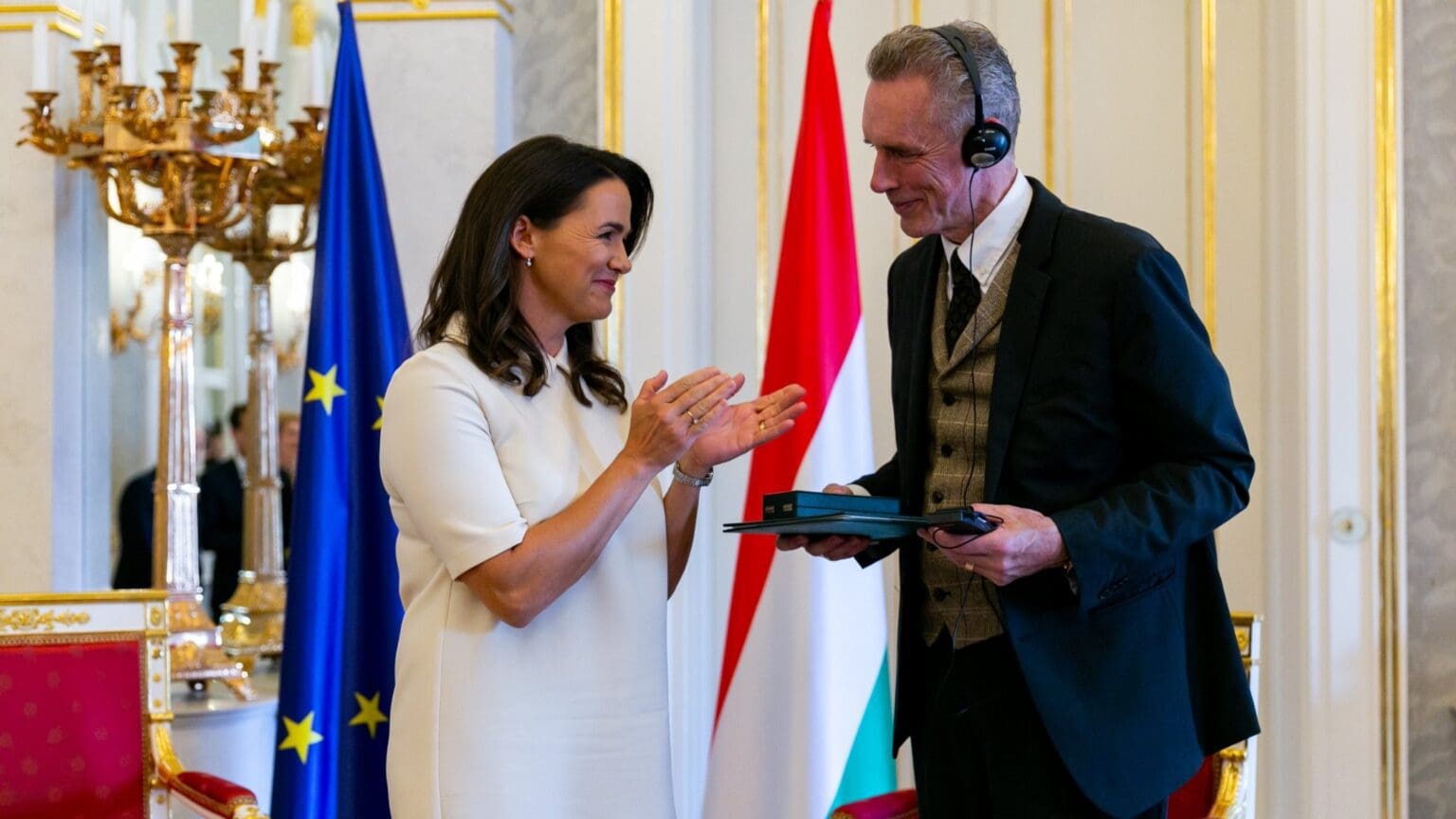
As opposed to his homeland, Canada, where Dr Jordan Peterson is being threatened with the withdrawal of his licence, Hungarian President Katalin Novák awarded him with the civilian class of the Grand Cross of the Order of Merit of the Republic of Hungary last June.
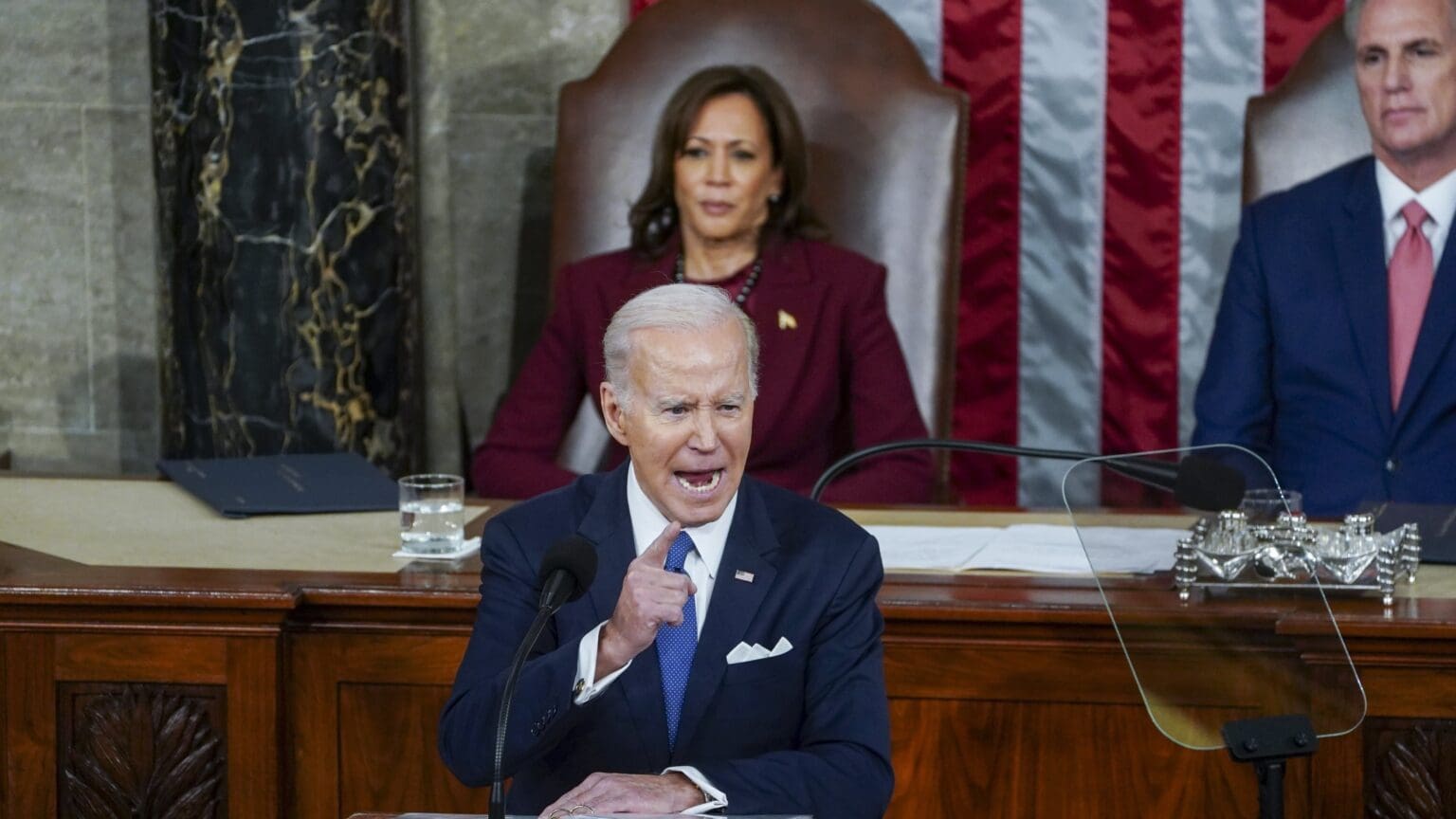
The incumbent POTUS often emphasised bipartisan messages in his speech, and yet did not seem to convince either side of the aisle.
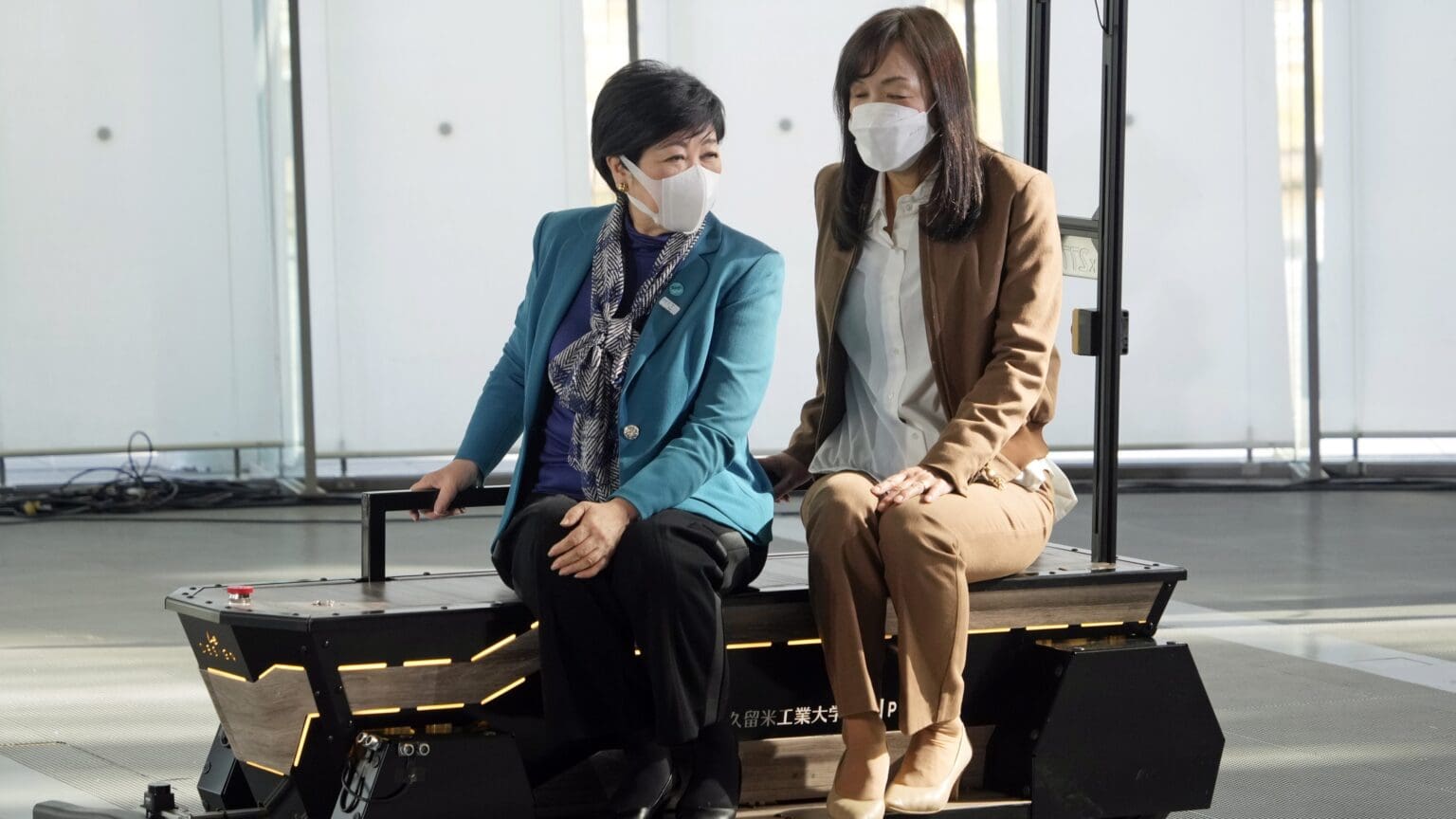
Low birth-rates and decreasing populations are not new problems in Japan or in other East Asian countries, most remarkably in South Korea or China. But this year, the situation has started turning really tragic in Japan. In 2022, first time in modern history, the number of births fell below 800,000.
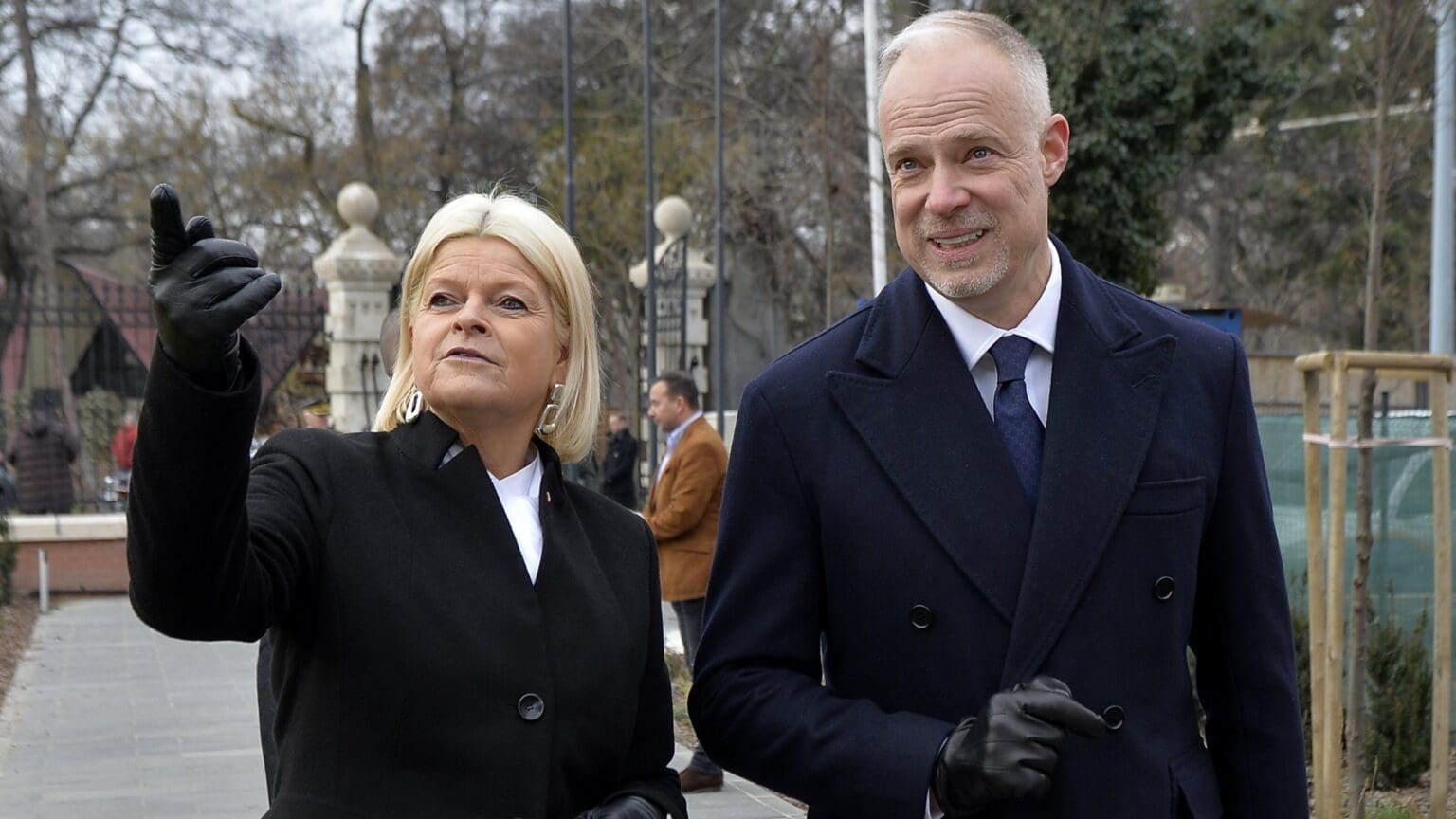
‘Hungary and Austria are good neighbours and maintain very close cooperation in almost all areas, including the field of the military and defence,’ the Hungarian Minister of Defence underlined after meeting with his Austrian counterpart in Budapest.
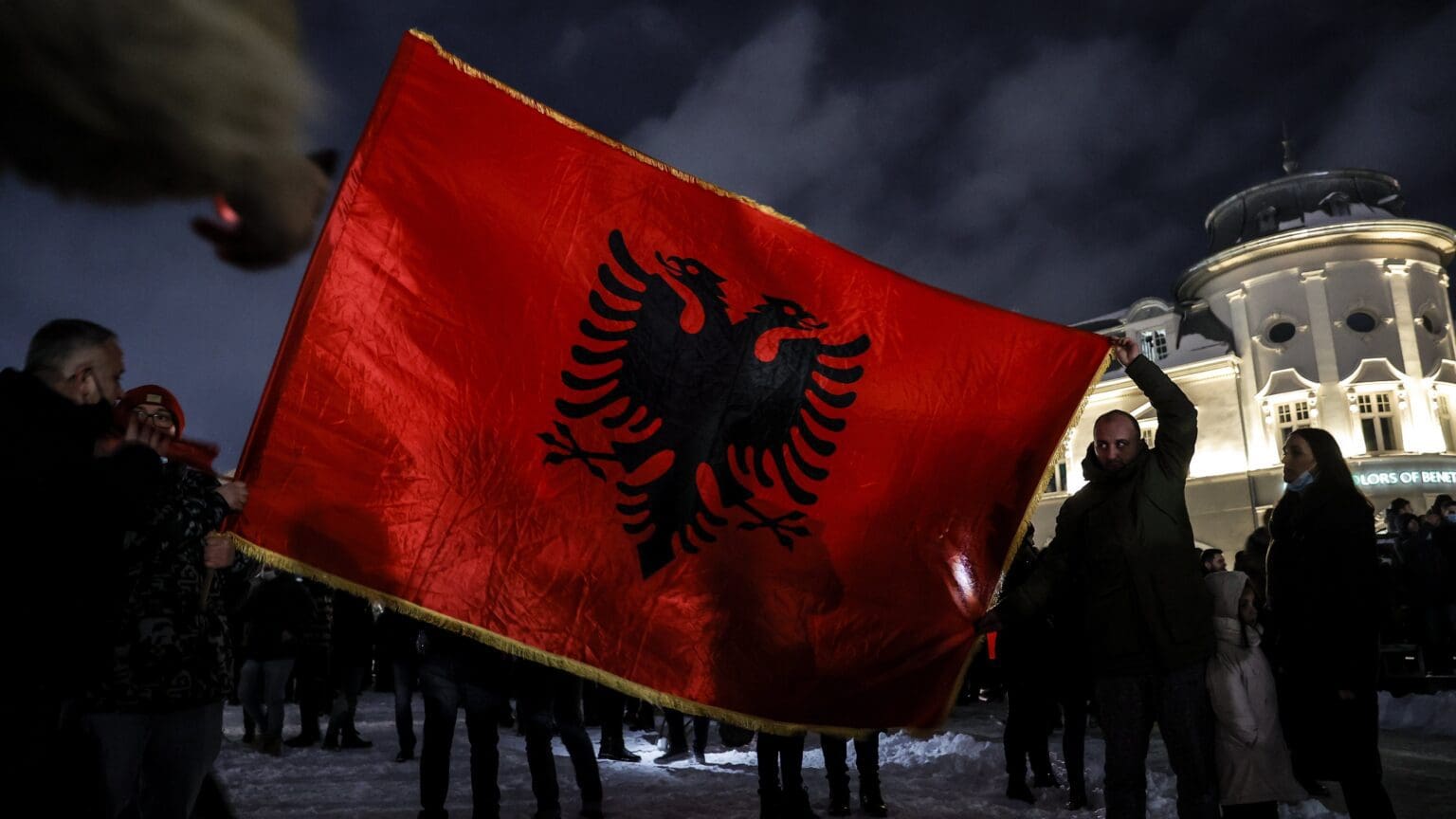
Encouraged internationally but rejected locally—will the Union of Serbian Municipalities be established in Kosovo?

Hungarian Conservative is a quarterly magazine on contemporary political, philosophical and cultural issues from a conservative perspective.